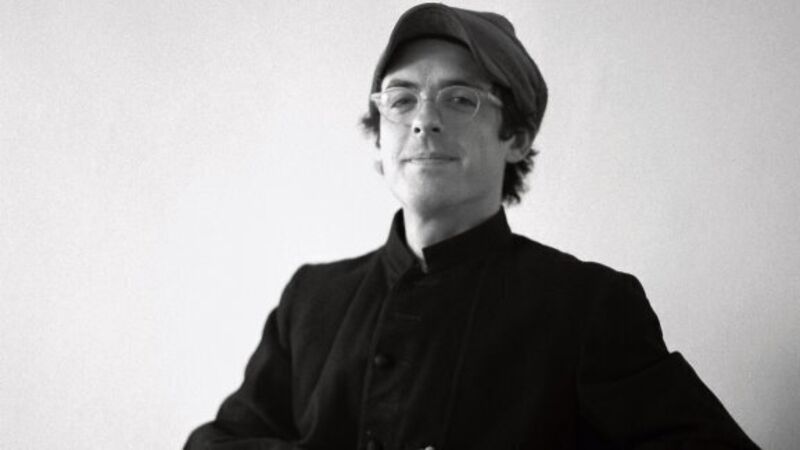Clap Your Hands Say Yeah: A little taste of fame

“I don’t really understand why anyone would want to get bigger these days,” says the Clap Your Hands Say Yeah frontman. “To be perfectly honest, I don’t admire artists that are [incredibly successful]. There are a few who didn’t invite it –those I make an exception for. Generally, I don’t enjoy what they do.”
Clap Your Hands Say Yeah came along just as the internet was evolving into a conduit of hype for new bands. A spindly outfit somewhere between Talking Heads and Pavement, at first pass, they seemed unlikely material for overground success. However, with websites such as Pitchfork cheerleading boisterously, the group were catapulted into the spotlight.











